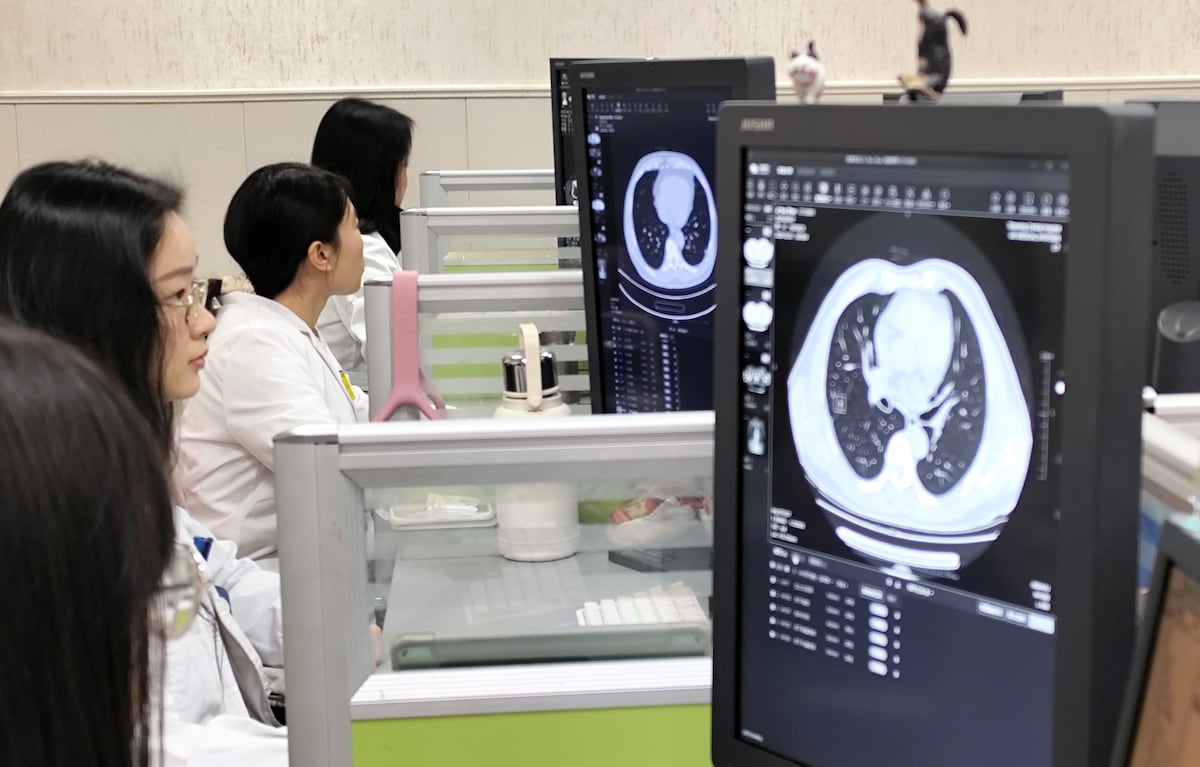
"In the world of preventive and personalized medicine, the ability to foresee, well in advance even decades ahead the likelihood of a disease emerging is key. This allows interventions to halt the processes that would cause illness long before any harm occurs. That is precisely what artificial intelligence seems capable of achieving, according to a study published on Thursday in Nature."
"Throughout life, we spend most days in good health, occasionally fall ill, and gradually begin to develop chronic conditions. These patterns vary for each individual, depending on genetics, lifestyle, and socioeconomic status. Understanding a person's health and assessing their future risks requires more than the isolated diagnoses received over their lifetime; it necessitates a comprehension of each individual's health trajectory, including the interplay of past diseases, to guide targeted lifestyle changes or recommend diagnostic tests that monitor conditions most likely to occur."
"Today, a group of researchers from the European Bioinformatics Institute, the German Cancer Research Center (DKFZ), and several Danish institutions propose applying the same technology behind large language models like ChatGPT to learn and predict the natural history of more than a thousand diseases simultaneously. The resulting model, named Delphi-2M, can identify disease patterns from medical histories, lifestyle factors, and preexisting health conditions. The most unexpected finding was that the model can predict more than 1,000 diseases."
Delphi-2M applies large language model techniques to clinical data to learn and predict the natural history of more than a thousand diseases simultaneously. The model identifies disease patterns from medical histories, lifestyle factors, and preexisting health conditions. The algorithm was trained on data from 400,000 individuals in the United Kingdom. The model's broad predictive ability revealed unexpected interconnections among many diseases and suggests a need to investigate underlying mechanisms that link conditions. Early, long-range risk prediction can enable targeted lifestyle interventions and diagnostic monitoring to prevent illness before harm occurs.
Read at english.elpais.com
Unable to calculate read time
Collection
[
|
...
]